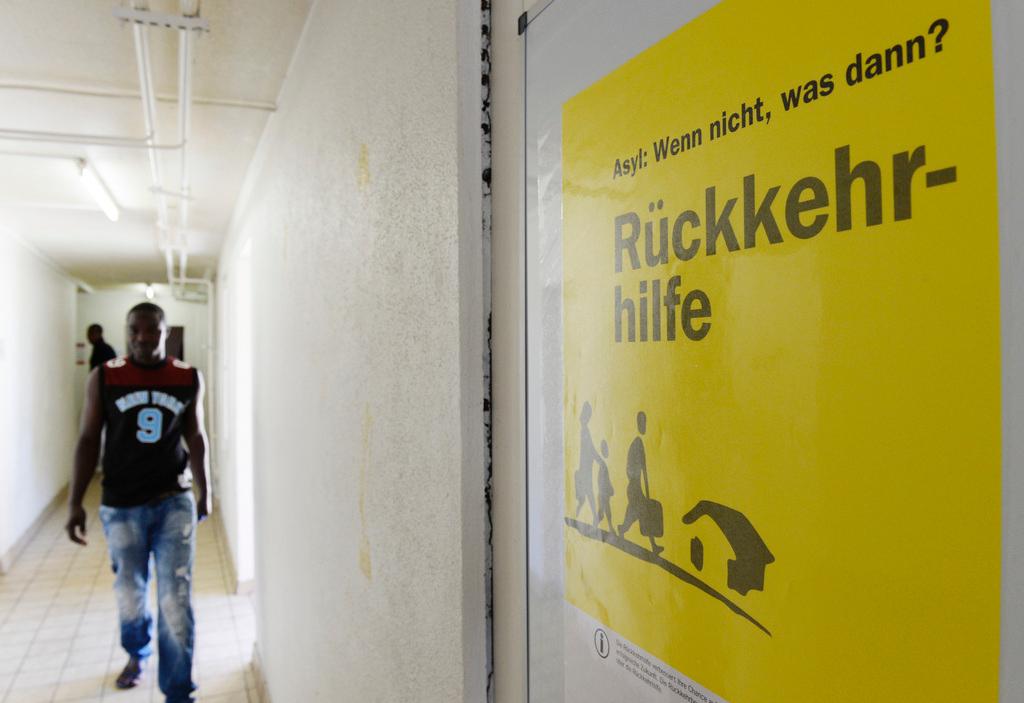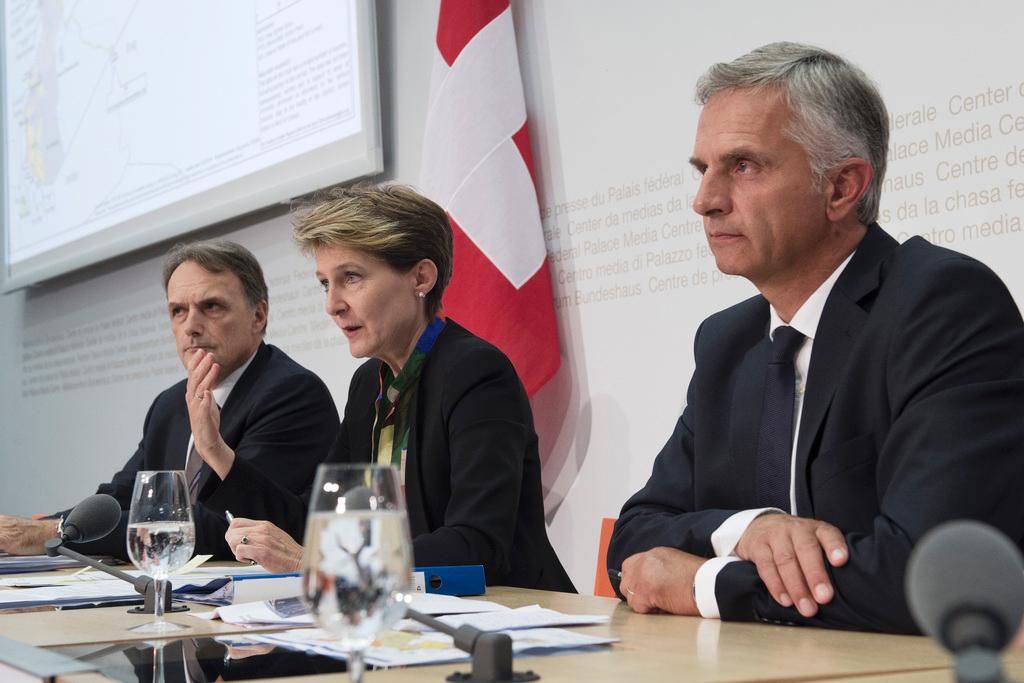Parliament green lights speedier asylum process

The Senate has followed the House of Representatives in approving a revision of Swiss asylum law, aimed at speeding up the process and, proponents say, making it fairer for all.
Under the law, which was rubbed stamped on Tuesday, most asylum requests should be decided within 140 days of being submitted, including time for appeals. This aims to reduce costs, but also to avoid well-integrated asylum seekers who have been in Switzerland for a long time from being deported.
Asylum seekers will be also be granted free legal aid. This provision had at first met with scepticism, but Justice Minister Simonetta Sommaruga was able to demonstrate, through a pilot project in Zurich, that the number of appeals actually fell when people were given access to legal aid.
In addition, several decision-making powers will be transferred to the federal level, including the creation and management of reception centres. Construction of five major centres is planned which should be able to accommodate about 5,000 asylum seekers.
This is 3,600 more than at present.
The building of such centres will be allowed, temporarily, without the express permission of local and cantonal authorities, but locals must be informed early on in the process. This is to avoid an uproar, such as in Giffers, in canton Fribourg in French-speaking Switzerland, where a building was bought to house asylum seekers’ without informing the local authorities.
There will be special centre for asylum seekers deemed a risk to public order and security. But it has not yet been decided where this will be located.
The reforms gained wide support among the political parties, with the exception of the conservative right Swiss People’s Party, which is known for its anti-immigration stance. It wanted to tighten the law even further, but all of its motions failed to get through parliament.
European issue
The new law – which has long been on the cards – comes as Europe grapples with what to do about the refugee crisis, with home affairs ministers meeting in Brussels on Tuesday.
In the first half of this year, 335,000 asylum requests were registered in EU/EFTA countries, a 68% increase over the same period in 2014. In Switzerland, with 11,800 requests, the increase has been 16%.
On September 18, Sommaruga, who is also Swiss president this year, said Switzerland would participate in a European Union programme to relocate refugees fleeing the four-year conflict in Syria, as well as increase its financial contribution to international aid organisations.
The government does not expect a wave of migrants arriving in the country, but preparations are underway to increase spot checks at the borders and to accommodate asylum seekers across Switzerland. Sommaruga has also dismissed calls to re-introduce systematic border controls or proposals to close the borders at this stage.
The cabinet last Friday called on parliament to approve an additional CHF207 million ($214 million) for asylum issues this year.
The proposal will be discussed during the December session.
It said the volatile political situation in the Middle East and in North Africa prompted an increase in asylum requests in Switzerland.
At the same time, the number of refugees with temporary residence rights also increased, while the authorities are struggling to reduce the number of pending cases.
The State Secretariat for Migration estimates up to 29,000 requests by the end of 2015, according to the finance ministry.

In compliance with the JTI standards
More: SWI swissinfo.ch certified by the Journalism Trust Initiative



You can find an overview of ongoing debates with our journalists here. Please join us!
If you want to start a conversation about a topic raised in this article or want to report factual errors, email us at english@swissinfo.ch.